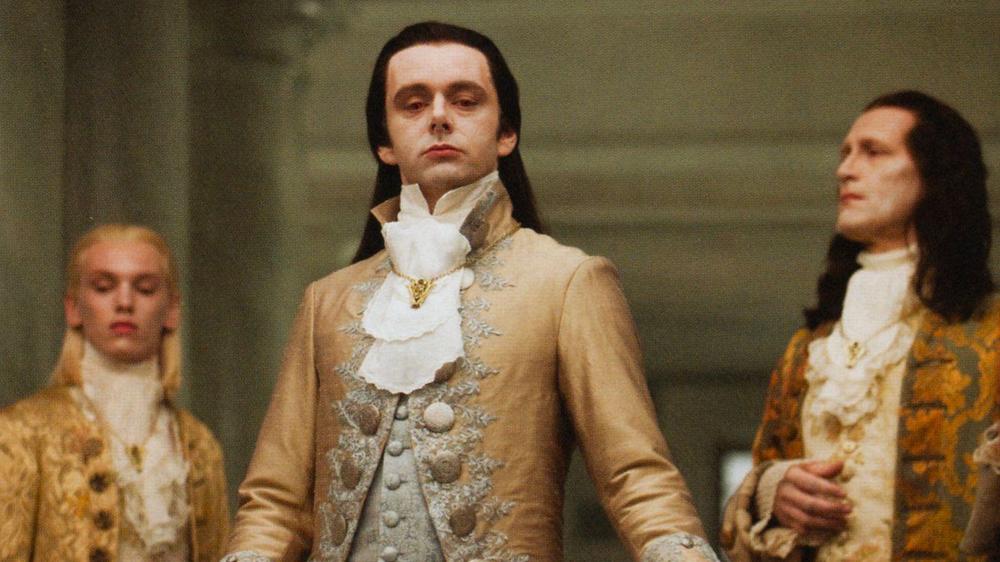
I’m reading a book called “Seven Types of Atheism” and it’s pretty interesting. The central premise is that many of the various atheistic views are actually religious in their approach to “truth” and “progress”, but if this sounds like some Christian apologetics text, it actually isn’t: it’s written by an atheist who seems tired of the boring “God vs. science” debate, while also being tired of secular morality, which is on rather shaky philosophical grounds.
While short, it’s quite dense. In fact, it may as well be a short primer on European philosophy, featuring numerous mini-biographies of people I don’t really care about.
I actually earned a minor in Philosophy during college, so some of these names are familiar. I took classes on both ancient and modern philosophy, but I’m pretty sure I skipped the readings for Aristotle, so this isn’t a credential I care to put forward with too much esteem.
European philosophy is interesting because it’s so convoluted but had such a huge role to play in the development of the modern world. Hundreds of years later, we have full-fledged biographies on the intimate details of these authors’ lives, why their fathers sucked, various correspondences they had with other dignitaries and revolutionaries, etc, etc. What it ultimately forms is a tapestry of thought on philosophical subjects, many of which leaked into politics, science, and social issues, these being in fact the subjects of philosophy, too.
Personally, I’ve always struggled to find it interesting. When I was young, I used to think the big debate was Christianity vs. Atheism – a rather naive assumption – but in fact the tapestry is much more colorful than that, with some saying everything is mind, others that everything is materia, and others that everything is experience, with no shortage of blood and ink spilled between. Most frustratingly, every philosopher, when they weren’t abjectly wrong, might have gotten a few things “right” (or at least, more right than the guy before) while getting other things very, very wrong. In essence, studying European philosophy has very little value from the perspective of learning truth, but quite a lot of value for understanding the history of ideas, and why those ideas turned out to be lacking in the end.
An awareness of this philosophy is often used to distinguish the “intellectuals” from the “non-intellectuals”. I find this to be a rather obnoxious assumption, personally, but there’s some truth to it. Many Christian apologists haven’t studied these ideas in depth, and no doubt there are circles of Christians who still hold Kant in highest regard. As Christians, we honestly don’t have many intellectual voices in the world, at least in the sense of celebrity. After C.S. Lewis, no popular Christian intellectual really comes to mind, though I acknowledge a significant ignorance on my part of who may be out there. I think that’s why Jordan Peterson has become so popular as of late, as he is something of a conservative intellectual voice who isn’t screeching against the existence of God the way popular atheists like Richard Dawkins and Sam Harris are; in fact, he gives a lot of credence to religion in general, though his views are interesting and not specifically religious.
Sometimes I feel like I’m supposed to know more about what these philosophers said, but as I mentioned, it’s all terribly convoluted. I’ve consistently demonstrated that I can’t remember history unless I find some way to synthesize it, so while I can tell you that the Colorado gold rush started in 1859 near the Gregory diggings, and can even tell you it had advanced well toward Leadville within the 7 years following, I could not tell you a single thing about Japanese history in the 1800s, despite the fact that I once read a book on it. How people can read the history of the French Revolution and actually remember the names, dates, and places, is absolutely beyond me, because I’m just not smart enough to remember all of those details. But some people can, and good for them.
So when I feel pressured to know this stuff, I have to remind myself that I’m probably not smart enough to get much out of it. A really good summary might do the job, if I really want to invest the time. But also, I’m not too interested in diving down the philosophy well, as I hope someday to actually get married, too. (I had a Philosophy of Language professor who joked about how “some of this may explain why I’m still not married”)
But it is bad for the Christian community that so much of this knowledge is lacking among its adherents?
I don’t know. A lot of the people who do read this stuff think they’re exceptionally smart for it, although the practical value of it is questionable. One of my sister’s old friends used to be really into philosophy, and is one of the few people I could point to who was quite level-headed about it, but then you also tend to get a lot of guys who want to prove why their political views are right, so they go questing for ways to justify them. In fact, people who are “smart” in this way happen to be incredibly skilled at arguing their point, whether or not the point is true. It makes you question what the value of being intellectual is in the first place, if it just means you get to the end of your life being an asshole, “fathoming all mysteries and all knowledge” so-to-speak, or worse, being more of an asshole than you would have been if you hadn’t spent so much time learning the minutia of philosophy.
I’m 3/4 of the way through this book, and while it’s interesting, I also kind of want to throw up. If that’s how I feel this far into a book that is only ~160 pages, I suspect I should probably avoid spending too much time reading European philosophy.